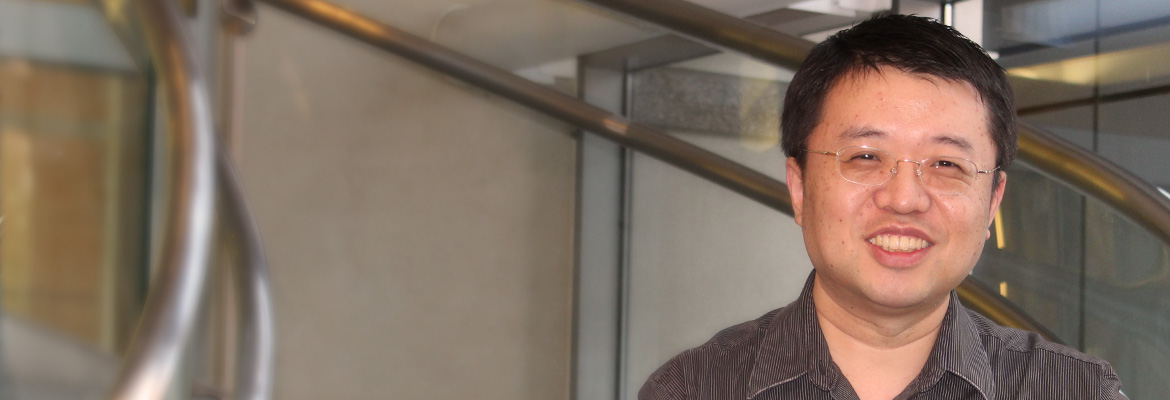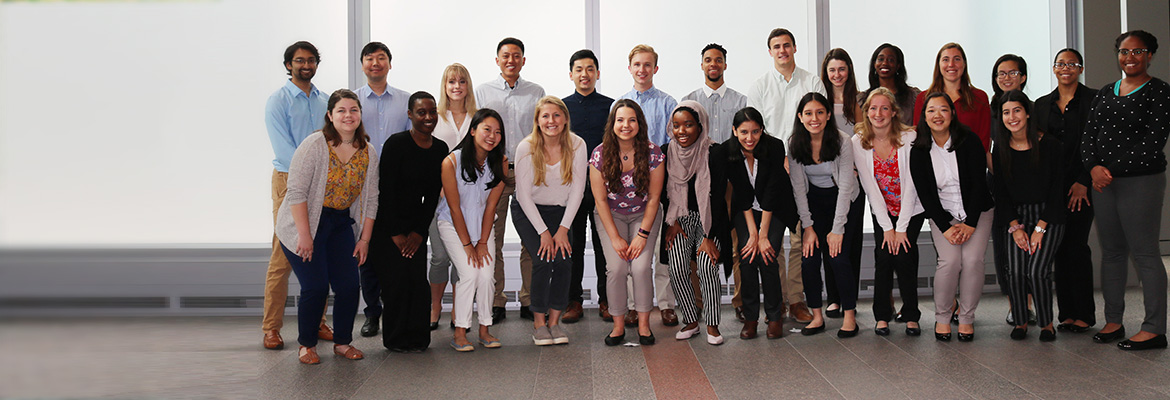Children’s Hospital of Philadephia has launched the most ambitious fundraising effort in its 162-year history, with the goal of raising a record-setting $1 billion by 2020.
The campaign, “For Tomorrow’s Breakthroughs: The Campaign for Children’s Hospital of Philadelphia” will fund the development of comprehensive, wide-ranging advances to save more children’s lives. It’s off to a great start — the campaign has already reached the $800 million mark.
Donations will support five critical areas. Funds will go toward research to support the development of new treatments for the most complex conditions in order to set the standard for pediatric healthcare worldwide. Creating an exceptional patient-family experience by providing the most advanced treatments at the best facilities, with the most comprehensive support programs, will also be a funding priority.
Focusing on training pediatric care leaders of the future, including healthcare providers, specialists, and researchers, will give staff opportunities to advance their education so they can offer the best care possible for children and families. Funds raised will further support outreach to children and families in need in order to improve the health and well-being of children and families in the region, nation, and world.
Finally, the increased funding will give CHOP the resources to act quickly on new opportunities and meet unexpected needs. The Children’s Fund provides financial resources to take a broad range of actions that can make a difference, such as purchasing revolutionary new equipment, moving a promising discovery forward, or hiring a leading expert.




